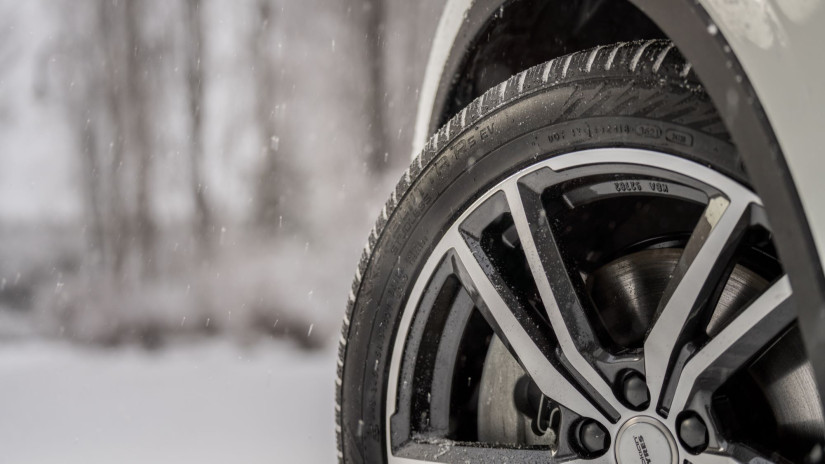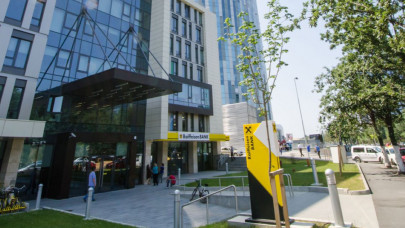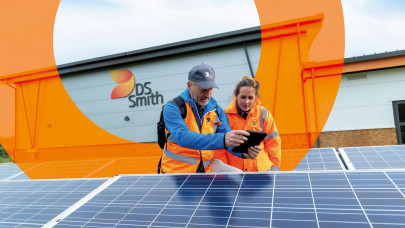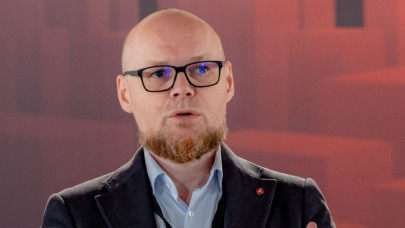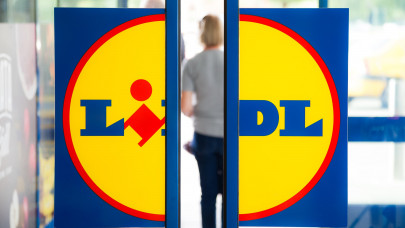The target of the Polestar 0 project is that throughout the car's supply chain, manufacturing processes, and end-of-life, all sources of CO2 emissions will be eliminated without offsetting them. The approach encompasses collaboration across the entire development process and value chain, from suppliers to retailers. Each component has to be climate-neutral, and so do their value chains.
“This type of partnership is a perfect match when it comes to Nokian Tyres' values, business, and our ambitious work on sustainability. The collaboration, research, and results achieved will have broader benefits outside this project, as new ways of decreasing the carbon footprints of different business activities will be created. Some of them may be available already before 2030 when the project goal is set. For example, the tire innovations created during the Polestar 0 project will be utilized in Nokian Tyres' products as soon as it is possible”, says Teemu Soini, Head of Innovation and Development from Nokian Tyres.
Nokian Tyres is a frontrunner in sustainability in the tire industry. Nokian Tyres developed the world's first winter tire in 1934, and since then, the company has been innovating for safe and sustainable driving. Last year, the company introduced the Nokian Tyres Green Step concept tire with its design consisting of 93% of the materials either recycled or renewable. As the pioneers of the tire industry, electric cars have been at the core of Nokian Tyres R&D for over a decade, and its whole premium tire selection is EV compatible.
“Nokian Tyres has shown sustainability leadership in the tire industry before, and we're determined to do it again – this time by developing climate-neutral tires. Tackling the climate crisis takes innovation, creativity, and collaboration across industries”, says Soini.
“Nokian Tyres has done extensive work on reducing greenhouse gas emissions and creating energy-efficient, sustainable tires. Their proven track record, experience, and knowledge will be very valuable for us in the Polestar 0 Project when we together research eliminating greenhouse gas emissions. I look forward to cooperating with Nokian Tyres in developing the car of the future,” says Hans Pehrson, Head of the Polestar 0 Project.
Nokian Tyres opened the world's first zero CO2 emission tire factory in 2024. This year, Nokian Tyres celebrated the groundbreaking of its new factory in Oradea, Romania.
”The factory is making history as the world's first zero CO2 emission tire factory. It will be an industry benchmark with a holistic approach to sustainability, including the use of solely green energy sources, and energy-efficient and highly automated processes. In addition, the factory aims for the same zero waste to landfill standard from production as at the company's other factories in Finland and in the US”, according to the company.
The first tires are scheduled to be produced in Romania in 2024, and commercial production is expected to begin in 2025.
Polestar is a Swedish premium electric vehicle manufacturer founded by Volvo Cars and Geely Holding in 2017. Polestar is headquartered in Gothenburg, Sweden, and its cars are available online in 27 markets globally across North America, Europe, and Asia Pacific.

